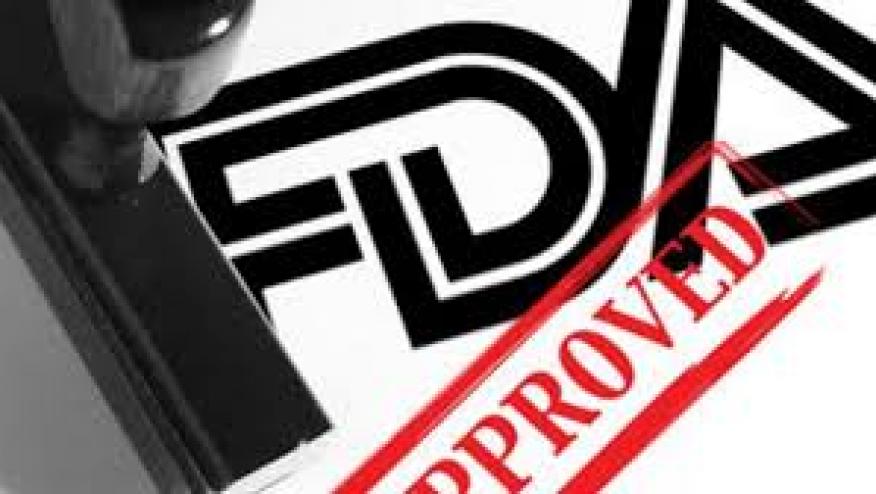Bimekizumab FDA Approved for Psoriatic Arthritis, Non-radiographic Axial Spondyloarthritis and Ankylosing Spondylitis Save

UCB announced today that the U.S. Food and Drug Administration (FDA) has approved bimekizumab-bkzx (Bimzelx) for the treatment of 3 chronic inflammatory disorders:
- adults with active psoriatic arthritis (PsA)
- adults with active non-radiographic axial spondyloarthritis (nr-axSpA) with objective signs of inflammation
- adults with active ankylosing spondylitis (AS)
Bimekizumab-bkzx (BKZ) as first FDA approved in October 2023 for the treatment of moderate-to-severe plaque psoriasis in adults who are candidates for systemic therapy or phototherapy. BKZ is a novel cytokine inhibitor in that it binds to both interleukin 17A (IL-17A) and interleukin 17F (IL-17F).
The FDA recommended dosage of bimekizumab for adult patients with active PsA, active nr-axSpA and active AS is 160 mg by subcutaneous injection every four weeks.
Approval in adults with active PsA is based on the Phase 3 BE OPTIMAL (n=852 patients) and BE COMPLETE (n=400 patient) studies, in which BKZ showed superior ACR50 joint responses at Week 16 (versus placebo), while showing consistent benefits in both biologic-naïve and TNF inhibitor inadequate-responder (TNFi-IR) populations. ACR50 and other important secondary outcomes (PASI 90, PASI 100, MDA) were sustained to Week 52. In the PsA trials, most common (≥ 2 percent) adverse reactions (AE) were upper respiratory tract infections, oral candidiasis, headache, diarrhea and urinary tract infection.
BKZ approval in adults with active nr-axSpA (with objective signs of inflammation), and active AS are supported by the Phase 3 BE MOBILE 1 and BE MOBILE 2 studies (with 254 and 332 patients, respectively), where ASAS40 responses at Week 16 were superior to placebo. Just as in PsA, BKZ ASAS40 responses were consistent in both TNFi-naïve and TNFi-inadequate responder patients. The most common AE In nr-axSpA patients were upper respiratory tract infections, oral candidiasis, headache, diarrhea, cough, fatigue, musculoskeletal pain, myalgia, tonsilitis, transaminase increase and urinary tract infection. The most common AE in AS patients treated with BKZ included upper respiratory tract infections, oral candidiasis, headache, diarrhea, injection site pain, rash and vulvovaginal mycotic infection
The updated package insert shows that subcutaneous dosing for these 3 new indications (160 mg by subcutaneous injection every four weeks) differs from the dosing for plaque psoriasis (BKZ 320 mg [two 160 mg injections] by subcutaneous injection at Weeks 0, 4, 8, 12, and 16, then every 8 weeks there). For PsA patients with co-existent moderate to severe plaque psoriasis, the dosage and administration is the same as for patients with moderate to severe plaque psoriasis. BKZ is available as either a 160 mg/mL single-dose prefilled syringe or single-dose prefilled autoinjector.
Patients need to have a pretreatment tuberculosis evaluation and there are warnings for suicidal ideation/behavior, infection, tuberculosis, liver abnormalities and inflammatory bowel disease.
There are no head to head trials comparing BKZ to other IL-17 inhibitors for these 3 new indications (PsA, nr-axSpA, AS).










If you are a health practitioner, you may Login/Register to comment.
Due to the nature of these comment forums, only health practitioners are allowed to comment at this time.